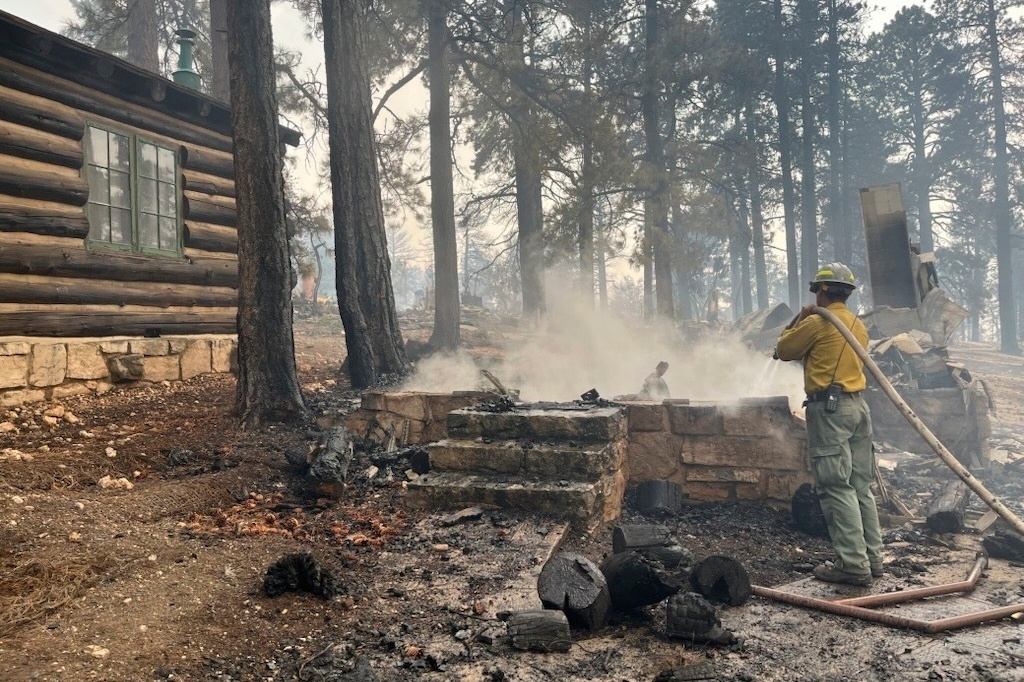
When we spoke to Denver Sheriff Patrick Firman recently, he mentioned the term "verbal judo," saying it's part of his department's new use-of-force policy. The sheriff department is spending $1 million this year to train deputies on crisis intervention, including verbal judo.
Jamie Brower says the tactic is also called 'verbal de-escalation.' She's a police and public safety psychologist with Nicoletti-Flater Associates, a company that's based in Lakewood and consults with law enforcement, including the Denver sheriff department.
Brower says verbal de-escalation can be boiled down to five overarching steps:
1. Get the person talking. "Maybe they're yelling and screaming. Maybe they're sitting there silently. In any event, our first goal is to get them engaged. 'Help me understand what's happening right now.' Respectfully opening up communication leads to the second step."
2. Use empathy. "When they start talking to you, and they're engaged with you and telling you something; [law enforcement] really needs to activate those active listening skills and say, 'I can understand that this is an overwhelming situation, and I can understand you're pretty upset.' We want [officers] to reflect back what they're hearing."
3. Build rapport. "Once that takes place, we can be honest in our interactions, we can engage in rapport building, utilizing a mutual respect and understanding."
4. Start problem solving. "Once officers are engaged in the rapport building, we can start to solve the problem. 'How can you help us? We have to figure out some information and we'd love to have your cooperation. How can we work this out?' "
5. Engage in a resolution. "It really depends on the situation, but the five steps remain essentially the same. And all end in finding a resolution. 'We're in agreement. You don't want to go with us for the night, so we'll try to find you a shelter.' "
Brower says verbal de-escalation is only one tool at an officer's disposal, and sometimes it fails to work.
"We have to train officers to slow down their pacing a bit as long as things are safe," Bower says. "But if we try every verbal technique,and its not effective and the individual is escalating or all of a sudden becomes a safety concern for people around, we're done."
Brower spoke with Colorado Matters host, Ryan Warner.









